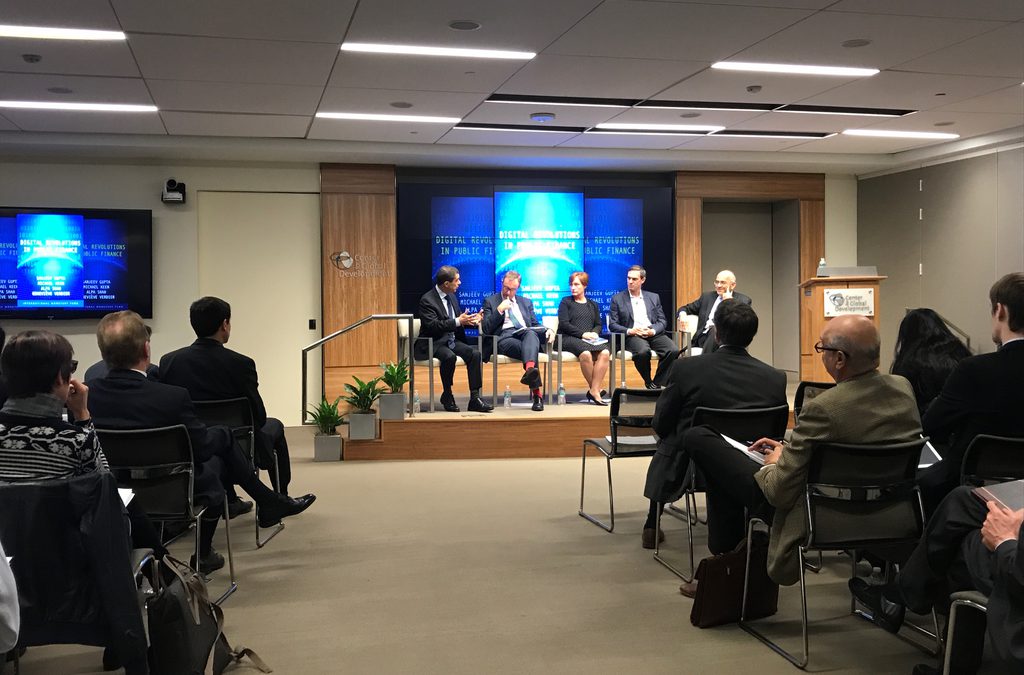WASHINGTON – Having more and easier access to digital databases that store vast amounts of information on citizens would help governments make better economic policies, but could compromise the privacy rights and desires of those citizens, the fiscal director of the International Monetary Fund said Tuesday.
The IMF and the Bill and Melinda Gates Foundation will release a book later this month said taxes and social welfare policies would benefit from governments using rich information collected about citizens.
Vitor Gaspar said if governments are able to balances between all the trade-offs affecting businesses and citizens, the digital revolution will ultimately both when governments make better fiscal policies.
“This is fundamentally political,” said Gaspar, “It will work if the political solutions for these challenges is appropriate as well (as the digital revolution).”
Avi Goldfarb, marketing professor at University of Toronto, said he expected it will take time for a solution to the challenges of innovation and privacy trade-offs.
“We shouldn’t pretend that it’s not a trade-off,” said Goldfarb.
Beth Adair, former global tax director of Airbnb who left the company in May, explained the dilemma facing businesses.
If governments require businesses to hand over data on their customers, it would be a huge project and could damage customer faith in the companies, which could hurt profits, she said.
Goldfarb also noted that small businesses likely could not afford the technology needed to turn over data.

